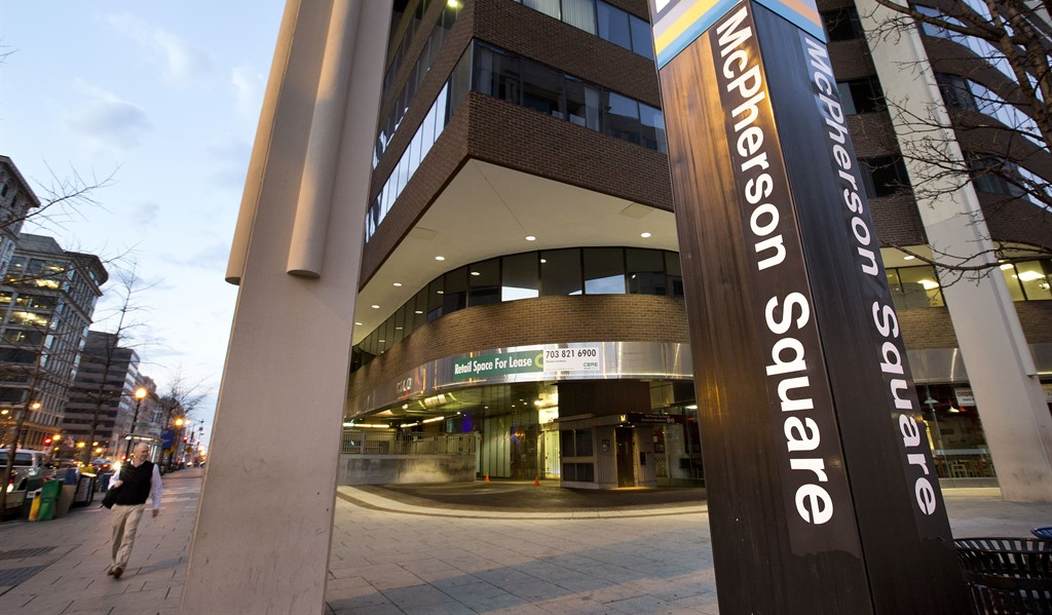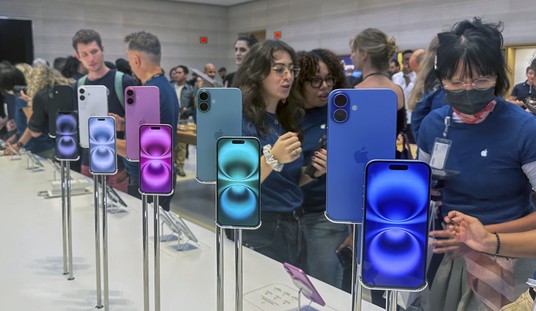The situation in Boston that’s currently unfolding is much the same as in other cities around the country. Employers across many industries that were able to operate with their workers logging on remotely had been preparing to go back to “normal” as vaccination levels continued to rise and caseloads dropped. Many planned to be fully reopened by now or at least as soon as January. Then the Delta variant struck and a lot of those plans were delayed. But as things looked better in September and October, the delayed plans were put back on the schedule. Now it’s December and the Omicron variant is on the loose, so the same drama is playing out yet again. Businesses that were geared up to bring back all of their workers are shutting their offices down yet again as stories of breakthrough infections of the virus are reported. At the Boston Globe, Anissa Gardizy asks the question that is on the minds of many these days. Will we ever go back?
Heading into the new year, as COVID-19 cases surge, office employers are yet again wrestling with return-to-work plans.
There’s a new wrinkle: Breakthrough cases among employees are expected to become common, so companies are figuring out how to deal with that risk once they reopen.
But in the past week, several large companies in Greater Boston have closed their offices, which had been open on a voluntary basis, or have delayed their return timelines. The situation mirrors the response to the Delta variant, which led to a slew of reopening delays around Labor Day. Now, it is rising cases and the Omicron variant that are wreaking havoc on plans for 2022.
Gardizy quotes health officials who have declared that we are “in a much better place” than last year. We supposedly have the knowledge and tools to reopen offices safely. Shen then asks, “So why doesn’t it feel that way?” She goes on to list multiple companies around Boston that had previously announced dates for full reopening but have now canceled those plans. Some aren’t even offering a revised date for workers to return, apparently being “closed indefinitely.”
Allow me to offer a couple of suggestions here, including some options mentioned by some of the analysts the author quotes. First of all, not everyone necessarily has to go back to the office. As I’ve mentioned here before, I’ve been working at home for most of the past two decades. It’s not something that’s a good fit for every worker and not all businesses operate in a way that makes it workable. But for those where it’s possible, employers can cut down on expenses and reduce crowding in their offices that way.
Another problem is the unrealistic expectations many employers seem to have. This idea that we will open back up “when nobody else is going to catch COVID” is nothing more than a fantasy. The linked article quotes Gregg Gonsalves, an expert in infectious disease policy at Yale University. He says, “This is something every company is going to have to deal with a lot more frequently. Companies are going to have to determine what their goals are, and if the goal is zero cases, I don’t think that’s realistic.”
Exactly. COVID is here and it’s apparently here to stay. The virus seems to mutate quickly and easily, so new variants will likely keep popping up long after we’ve run out of letters in the Greek alphabet. Some will be worse than others. The vaccines appear to be pretty good in most cases, but not as good as they were originally advertised to be. That means that even vaccinated workers will still become infected, but hopefully without as many being hospitalized or dying. The new drugs currently being tested should offer even more options for treatment.
Yes, some people are still going to die. But that’s been true of the flu for as long as anyone can remember and the world didn’t grind to a halt. Businesses will have to decide if they can simply learn to live with the virus and move forward or if they can’t. And if they can’t they will need to step out of the way and make room for someone who can. A combination of more realistic expectations and transferring more people to work remotely on a permanent basis should really be all that’s required. And all of these things would be made far easier if the government could get its story straight and stop scaring everyone to death and moving the goalposts every month. Is that really so much to ask? At least thus far, apparently it is.







Join the conversation as a VIP Member